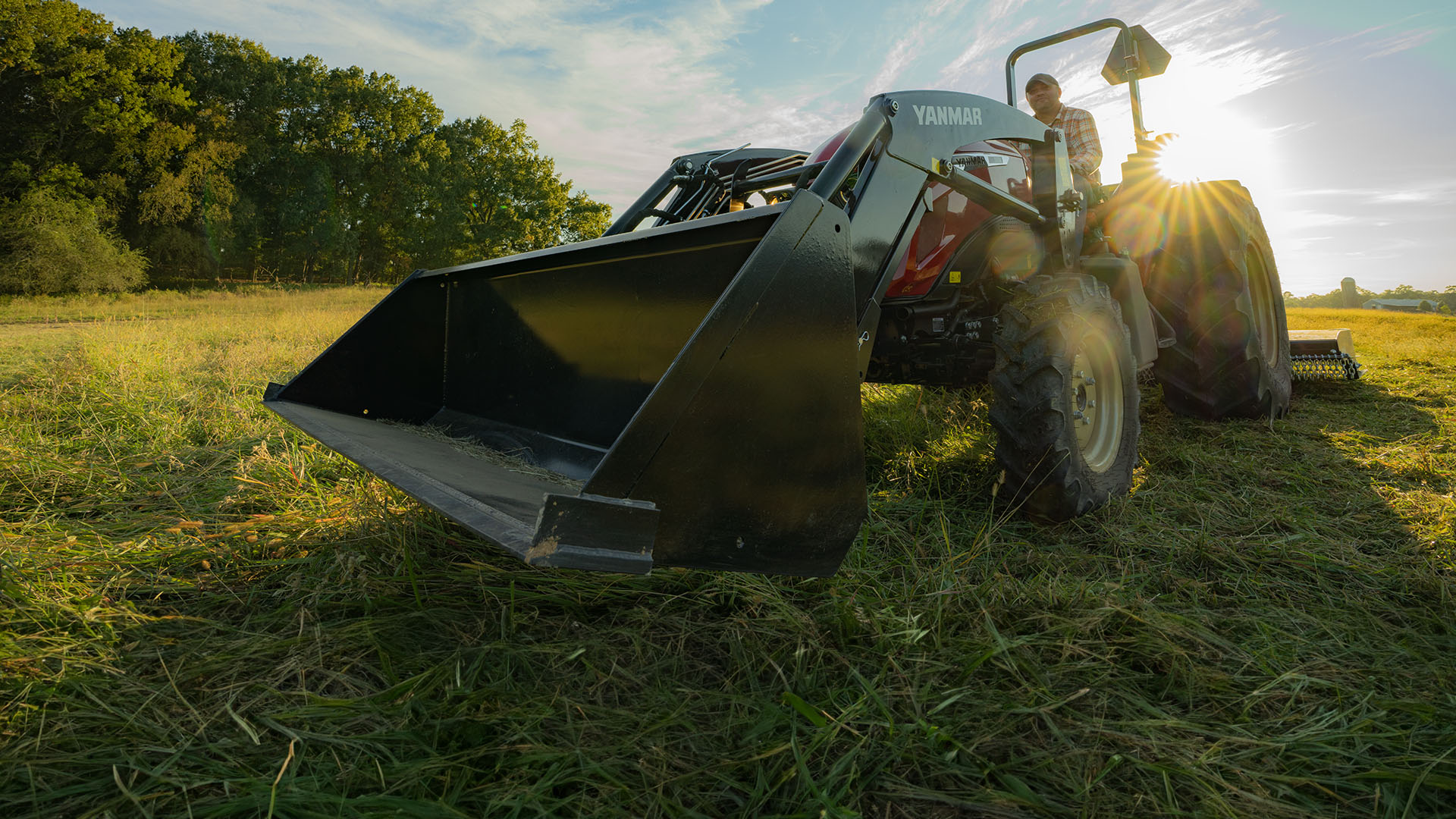How to Take Your Property Off-Grid
air filter
air filter

Owning a property is the first step to self-sufficiency. Generating your own power and managing your own water source on that property is the second. Reducing your reliance on municipal power and water sources can allow you to keep the lights on and the water flowing on your terms. You might even save a few dollars doing it.
Here are some tips on how to get started on your journey to self-sufficiency, off the grid.
At its most basic, going off the grid means unshackling your home and property from the municipal power grid. This means generating your own electricity, often through solar panels or wind power installed on your property.
For many, off the grid also means disconnecting from the city or regional water supply and getting water from a local source, whether that’s a well, pond, spring, stream, or river on your property, or even rain water.
Those who have already disconnected from shared power and water supplies often go a step further in their off-the-grid journey to focus on food production. While we won’t cover that topic in this article, here are some recommended tilling attachments for planting and seeding. You can also get tips on how to jumpstart your indoor seed starting here.
The term “off-grid” means different things to different people. Its common usage has changed as more people disengage from modern life. When homeowners talk about going “off the grid,” they are generally referring to these three pillars of self-sufficiency.
By clicking "Agree", you have read and agree to the Terms of Use and agree to the collection and use of your information by cookies and similar technologies, as set forth in our Privacy Policy.